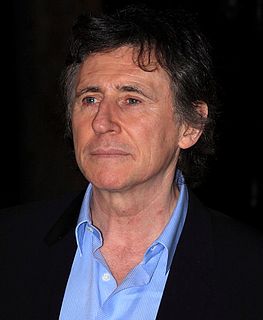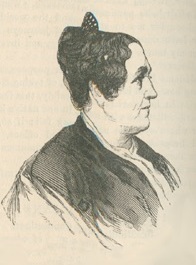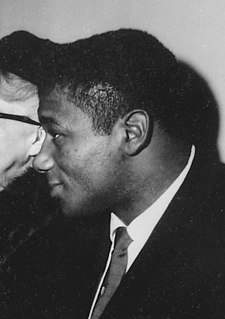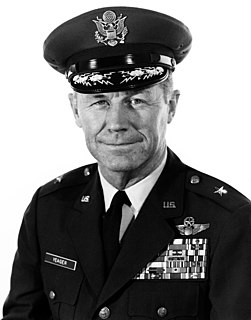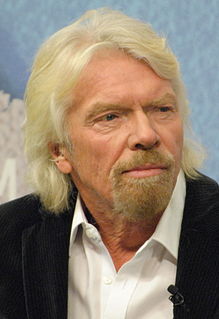A Quote by Mahatma Gandhi
He who is ever brooding over result often loses nerve in the performance of his duty.
Related Quotes
Well . . . he lets it ruin his life. He gets so obsessed with going after the one thing that hurt him that he loses sight of everything else. He becomes isolated from everyone and everything. Paranoid. He feels like he can't trust anyone around him ever. In the end, he loses everything, even his life. And for what? Total stupidity, if you ask me.




